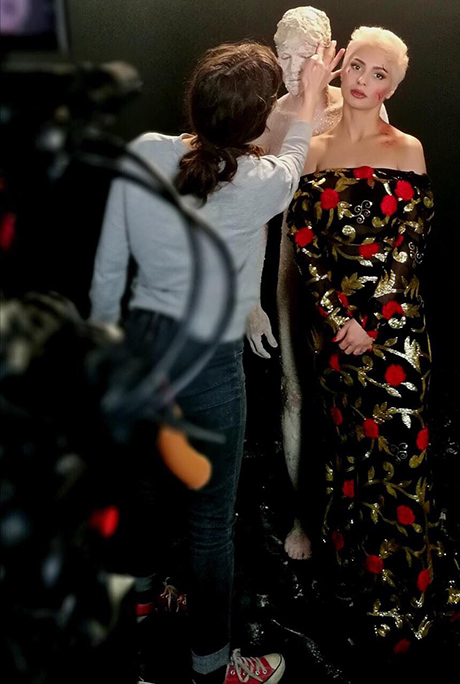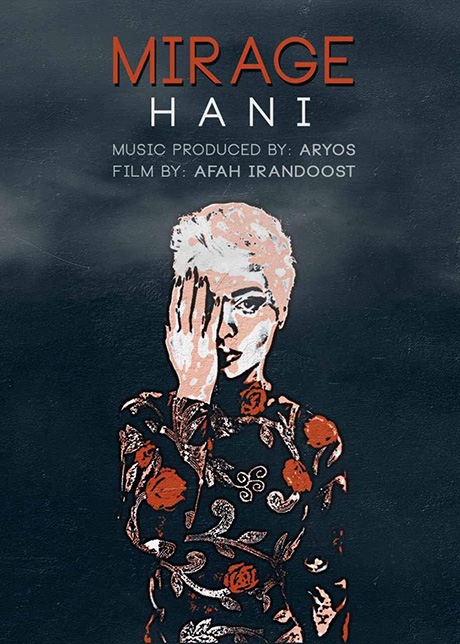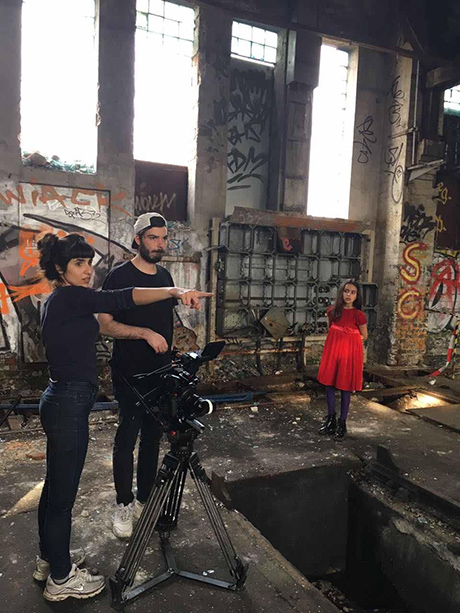ERBIL, Kurdistan Region – Kurdish singer Hani is set to release her latest song “Mirage” through a music video. She says the title of her song is an ultimate reflection of the paradoxes of growing up in modernity.
“The modern life is full of systematic obstacles that force you to care about nothing but yourself,” she added. “As an artist you are always searching to find ways that can prevent you from the influence of this destructive mentality.”

Inspiration drives the creative process for Hani, who is originally from Iran.
“You realize that the only way to salvation is to cross red lines and break the conventional rules that are oppressing your creativity,” she said.
In order to get that extra bit of inspiration, an artist must be willing to push the limits.

“Crossing a red line is a sin, and every sin comes with retaliation. But the hysterical joy of committing the sweet sin will be your reward which causes you to endure the punishments,” she said.
In the end, the cost is worth the reward.
“This circle of sin and retaliation goes on. Will you give up? Not at all! This conflict is the reason that leads you to creativity — creativity in order to achieve eternal salvation,” Hani said.

The core message her new song mirrors the internal conflicts of the modern human, which exist from the beginning of life.
“The conflicts which bring you to ask fundamental questions like: Who am I? What is happening around me? And what is the correlation of these aspects?” Hani explained.
Hani said it was a team effort to make the video.

“Aryos is the song’s music producer. Ava Irandost is the clip producer. Saran Hozel has done the makeup. Jango Jalal with Rwan Adnan participated by playing oud and Harem Salam with duduk,” the singer said, adding that David Voit and Minu Khalaj are also part of the team.
The song will soon be featured for the first time on Rudaw TV.



Comments
Rudaw moderates all comments submitted on our website. We welcome comments which are relevant to the article and encourage further discussion about the issues that matter to you. We also welcome constructive criticism about Rudaw.
To be approved for publication, however, your comments must meet our community guidelines.
We will not tolerate the following: profanity, threats, personal attacks, vulgarity, abuse (such as sexism, racism, homophobia or xenophobia), or commercial or personal promotion.
Comments that do not meet our guidelines will be rejected. Comments are not edited – they are either approved or rejected.
Post a comment